why do babies drool at 3 months
For example if your baby is usually fed at 6 am but if this feeding time is late he will drool excessively. This drooling is in large amount during the time when the tooth pushes its way through the gums.
Excess Saliva Can Signal Health Conditions That Cause Speech Development Delays
Being hungry also is another trigger for saliva bubbles.
. Drooling is a part of your babys developmental milestone although some parents are unaware of it. This might be the reason for babies drooling rapidly around three months of age. Makes it easier for your baby him to swallow.
From one to three months of age drooling is rare when your child is in a supine or reclining position lying face-up although some drooling may be noted when he is in a prone or a supported sitting position. Due to their undeveloped oral motor function they cannot coordinate their muscles to swallow all the saliva and so most of it ends up on their clothes. Drooling fulfills several important functions for your baby.
The first tooth typically appears closer to 6 months of age. Due to the lack of developmental path it comes in the way due to premature birth also. While its true that drooling is very common for children around 2-3 months old and typically lasts until a child reaches 12-15 months-s roughly the same age that teething begins drooling merely means your babys salivary glands are starting to fire up after not being needed as much when eating easy-to-digest milk.
So he may not drool during this time or even after that. If you see your baby drooling excessively it could be due to the underdeveloped muscles in his mouth or excess production of saliva in his mouth. You might notice saliva pouring out of your babys mouth when theyre teething.
Your baby may even start to have a few drool bubbles Drooling is not an issue as long as its not accompanied by other signs of illness like fever or congestion. One three months. While its true that drooling is very common for children around 2 -3 months old and typically lasts until a child reaches 12-15 months -s roughly the same age that teething begins drooling merely means your babys salivary glands are starting to fire up after not being needed as much when eating easy-to-digest milk.
Keeps your babys mouth moist. Why do babies drool at 3 months. But some babies may start drooling by three months of age.
Drooling is a common occurrence in babies. Babies drool more frequently at this age. Some babies drool more than others but in general all babies drool and they drool a lot.
Frequently around three months of age you will notice your little one begins to drool at an amazing rate wetting bibs every time you turn around. 6 Months Drooling is slightly more controlled by this time but it continues when the. While this is true teething is not always the root cause of a babys excessive drooling especially not on a 3-month-old.
Any parent of an infant is no stranger to drool. It is normal and necessary for babies to drool. What youre seeing is entirely normal in babies particularly around 3 months old.
What happens is when the tooth begins traveling through the gum it catalyzes saliva production. This marks a sign when babies go to a new period of development. Newborns Don T Produce Much Saliva Their Digestive Systems Don T Need Much Help From The Enzymes In Saliva Until Baby Facts Drooling Baby Baby Month By Month It S Normal For Little Ones To Drool Until They Re About Two Years Old By The Time Babies Are About Nine Months Old They Ma Baby Facts Drooling Baby Drooling.
Saliva also contains ptyalin a digestive enzyme that changes starch into sugar. By six months of age drooling is more controlled when your child is in supine prone or seated. It occurs when the toddler has overdeveloped the swallowing capacity that is the reason that drooling does occur in babies.
It shows that their digestive system is developing. Some babies drool a bit while others drool a lot. Drooling is a common practice for babies during the phase of development in which their needs are centered in the mouth usually from about 3 to 6 months of age.
Washes away food residues. If your baby is 3-month old his saliva bubbles will appear more than previous phases. It occurs when the toddler has overdeveloped the swallowing capacity that is the reason that drooling does occur in babies.
While its true that drooling is very common for children around 2-3 months old and typically lasts until a child reaches 12-15 months-s roughly the same age that teething begins drooling merely means your babys salivary glands are starting to fire up after not being needed as much when eating easy-to-digest milk. Both of those things are associated with teething. However just because your 3-month-old is drooling doesnt mean that youll see a tooth pop out soon.
Some babies drool a little bit. Other babies seem to drool constantly. The sensations that come along with teething stimulate drooling.
Babies begin drooling at about 3 months of age according to pediatrician Howard Bennett. Your baby is probably not about to get any teeth just yet but the teething process may be starting and its normal for drooling to start as early as 3 months. Excessive Drooling in Infants.
The process of teething begins early not around 6-8 months of age. Their salivary glands are getting ready for new foods. Being hungry also is another trigger for saliva bubbles.
Protects your babys teeth. They would mostly relate it to teething signs. Among other things he might be beginning to teethe.
Drooling is rare at this time as a baby is always in a face-up position. This marks a sign when babies go to a new period of development. If your baby is drooling and is having trouble.
If your baby is 3-month old his saliva bubbles will appear more than previous phases. It is so much more than just his growing teeth. Drooling is associated with basically everything for many babies and sucking on fingers or thumbs or other things is also very normal.
Even though the tooth does not actually come through the gum until six to eight months of age it begins traveling upwards much earlier. Makes it easier for your baby him to swallow. If you find yourself changing your babys outfit several times a day or going through numerous bibs in an attempt to keep her dry you may worry that her drooling is excessive.
It is normal and necessary for babies to drool. Babies start drooling at about 3 months of age. Softens and moistens food once solids are part of your babys diet.
From there drooling is still a fairly standard occurrence in healthy children under 2 years of age. When a baby is between 1 and 3 months of age he may not drool at all. Infants begin to drool at 3 months as the body secretes more saliva in preparation for solid foods.
You may notice drooling as your.
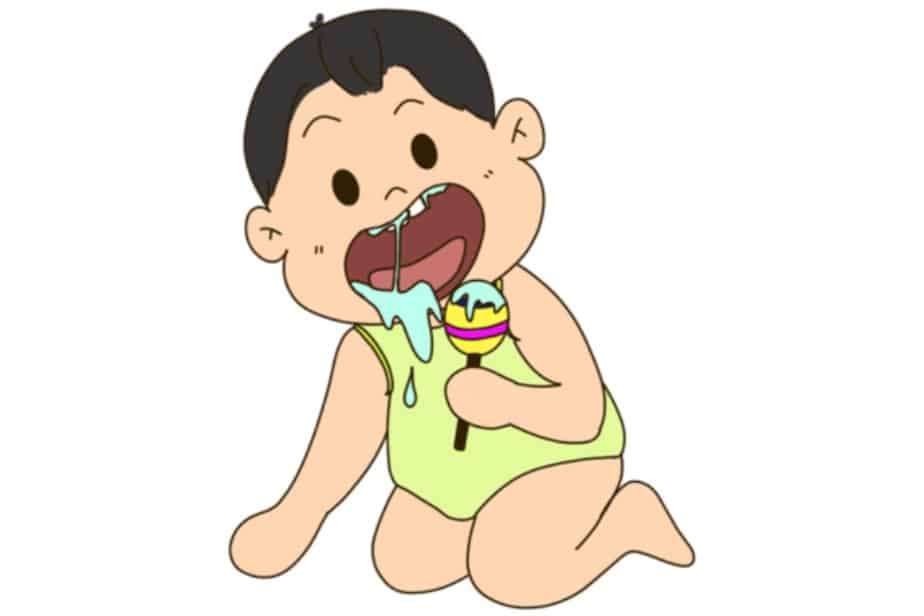
Why Does My Baby Drool So Much The Family Pillar
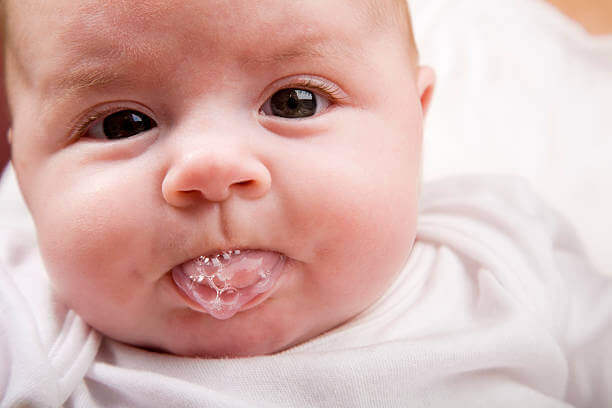
What Are The Causes Of Baby Drooling

Drooling Baby How To Spot And Prevent Drool Rash Baby Pibu
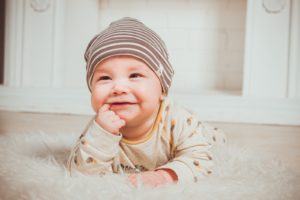
Baby Drooling At 2 Months Here S What To Know Cadence Education
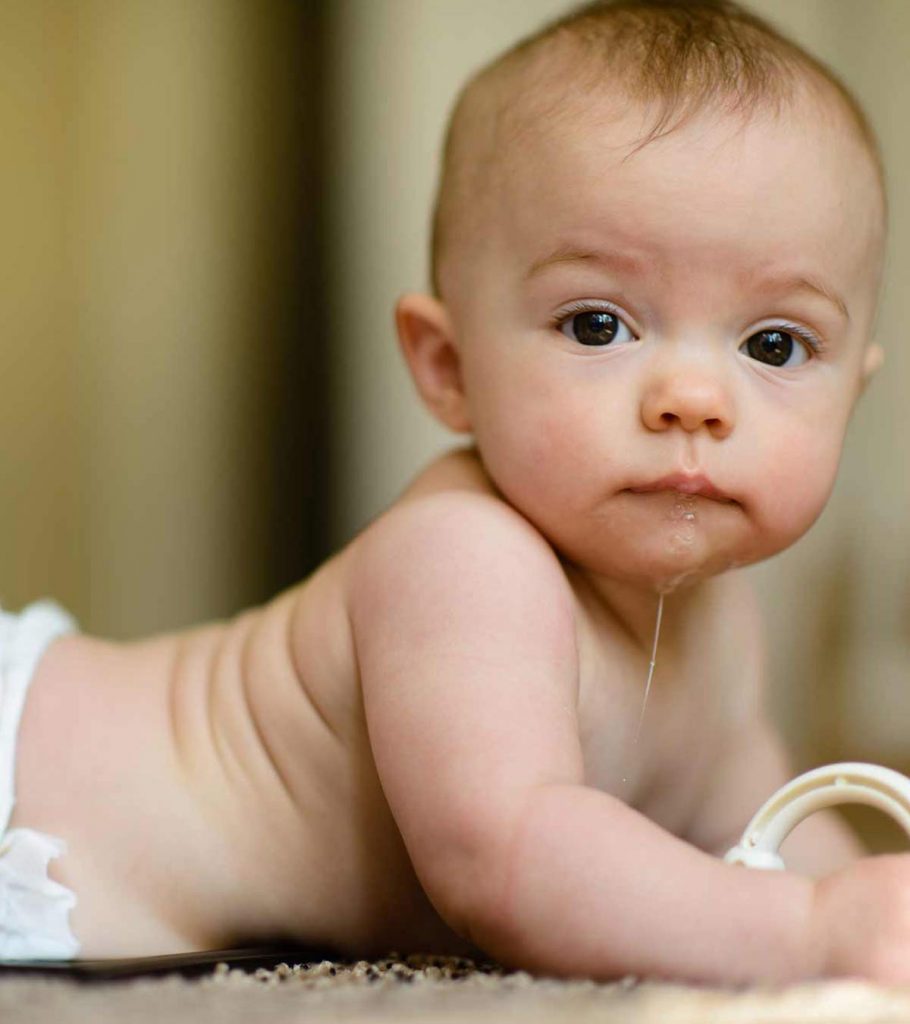
Causes Of Baby Drooling How It Helps Tips To Manage
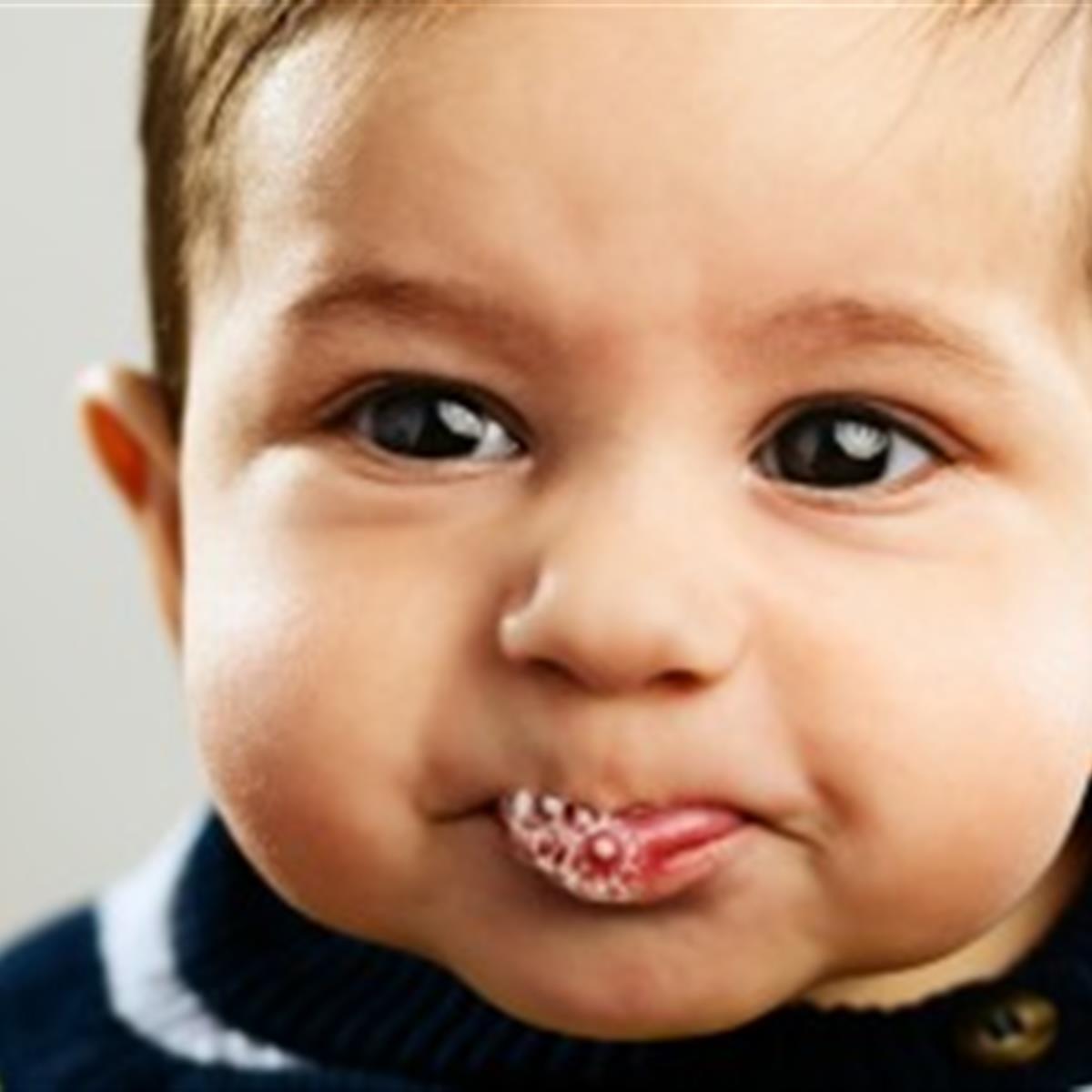
Drooling And Your Baby Healthychildren Org
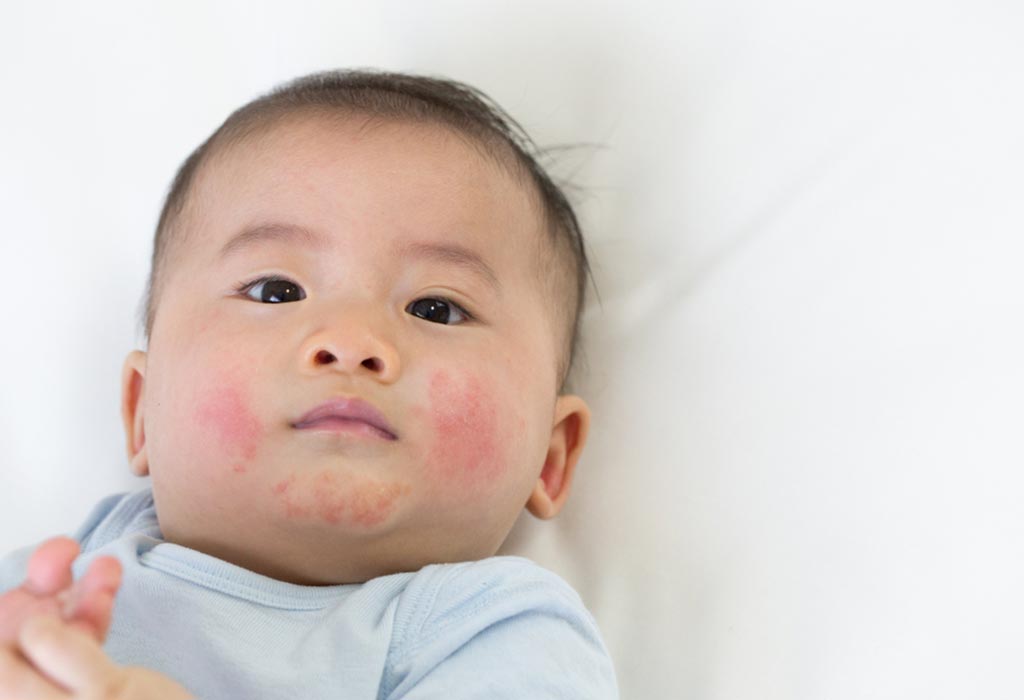
Baby Teething Rash Causes Home Remedies Prevention
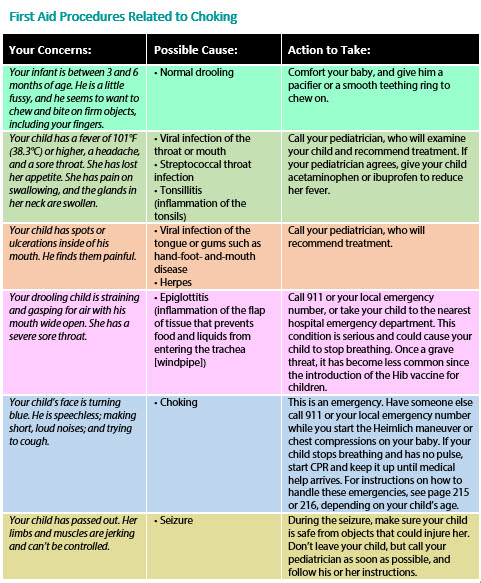
Drooling And Your Baby Healthychildren Org
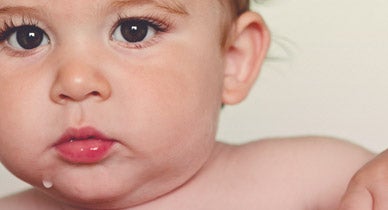
Drool Rash How To Prevent And Treat It

Baby Drooling Causes Developmental Stages Treatment

Baby Spit Up Is Spitting Up This Much Normal
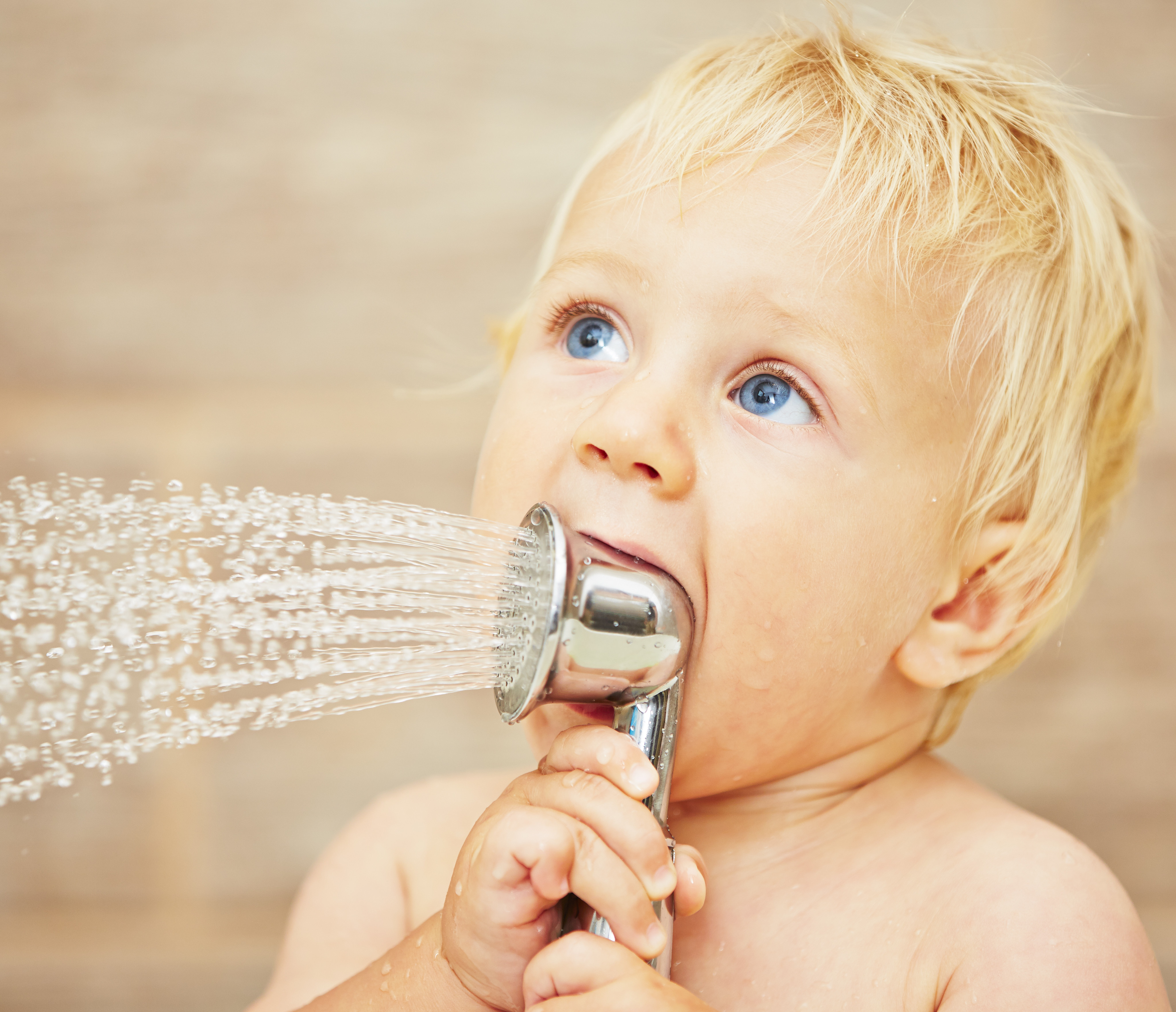
What S The Deal With Baby Drool Babyscience

Baby Drooling Like Crazy August 2015 Babies Forums What To Expect
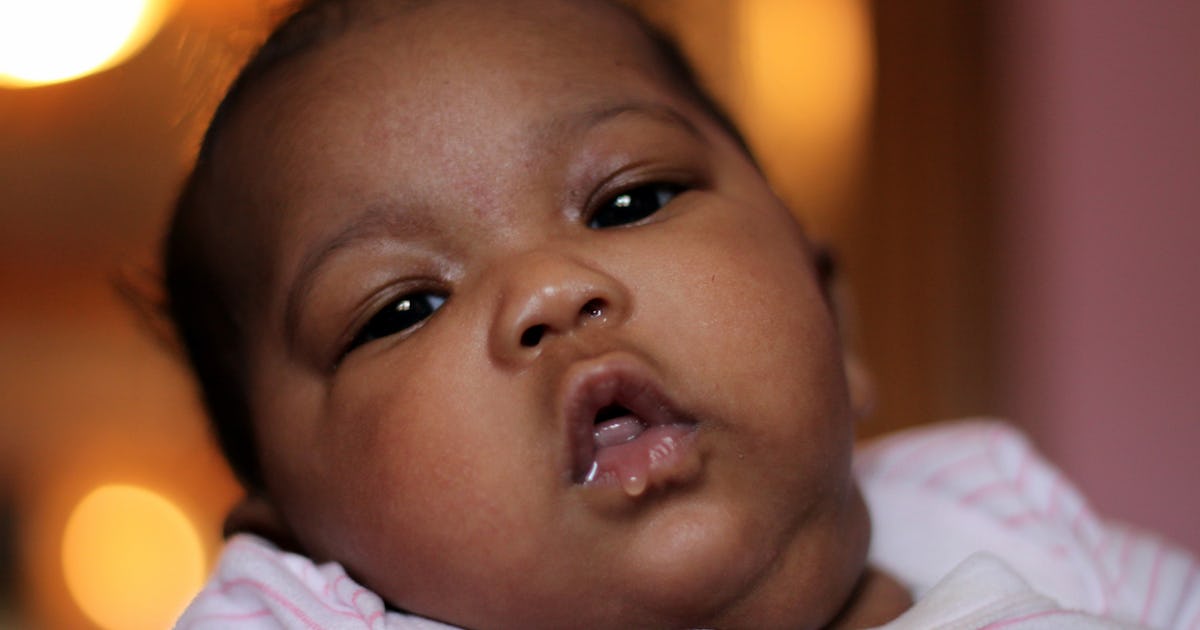
Why Do Babies Drool It S Not Because They Want To Ruin Your Clothes
Baby Drooling Causes Developmental Stages Treatment

Baby Spitting Up Clear Liquid Causes And When To Call The Doctor
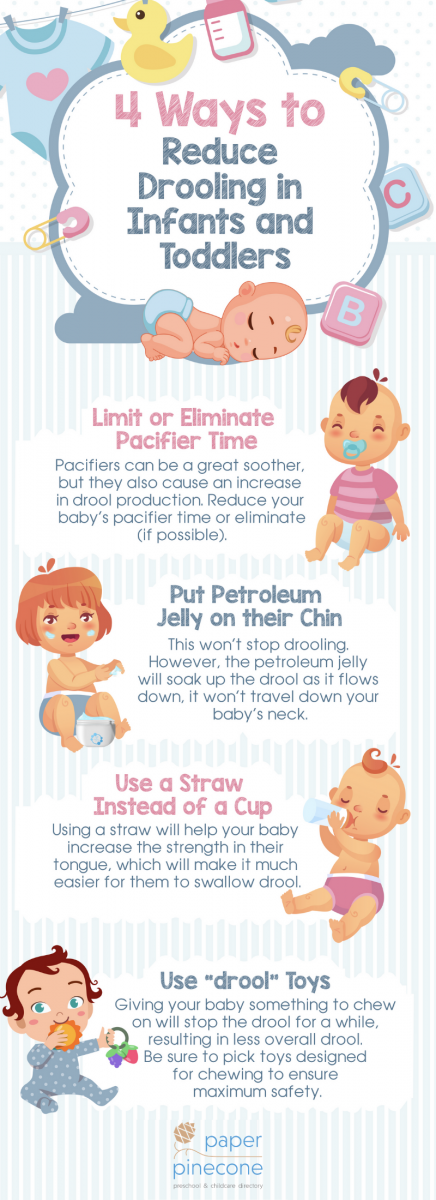
Facts About Your Drooling Baby Is It Natural
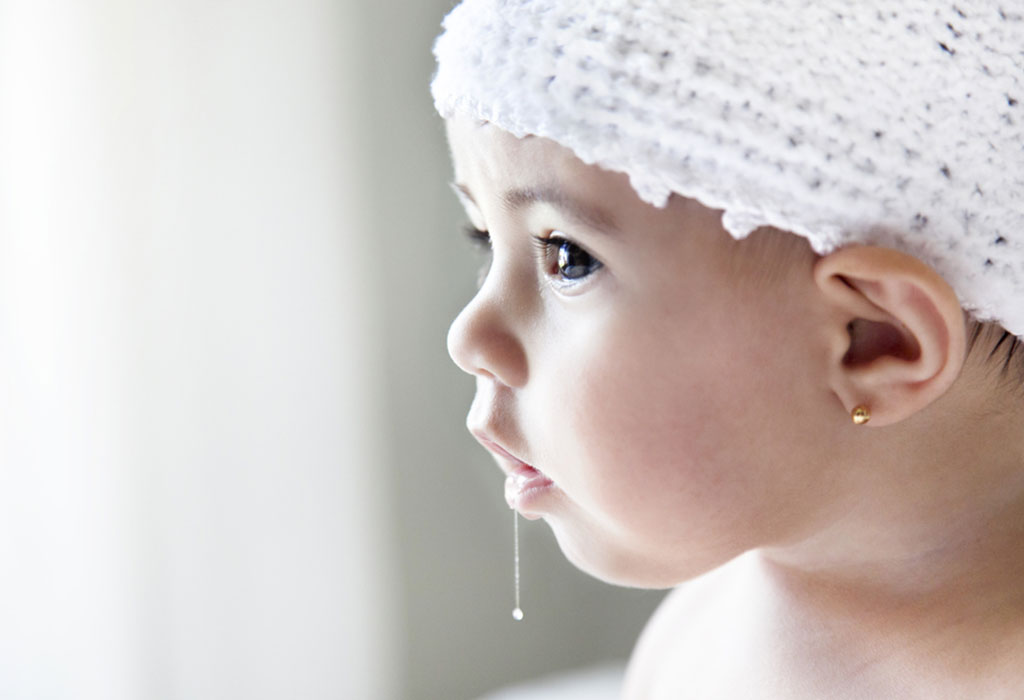
Baby Drooling Causes Developmental Stages Treatment

689 Baby Drool Stock Photos Pictures Royalty Free Images Istock